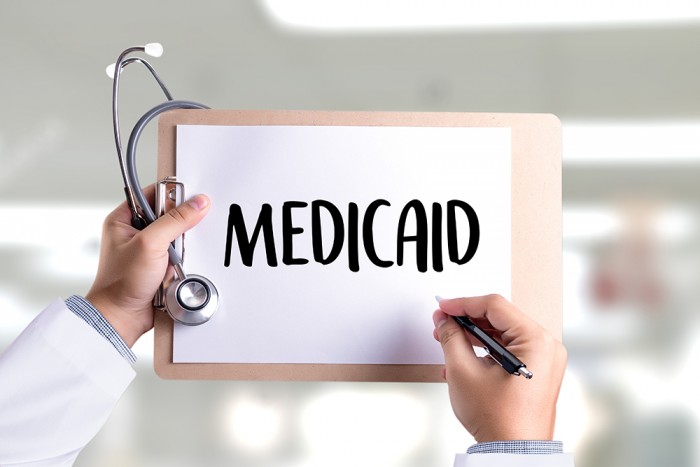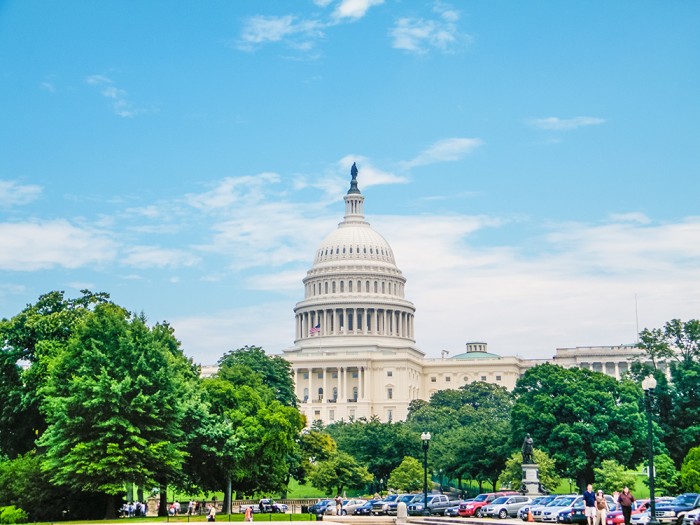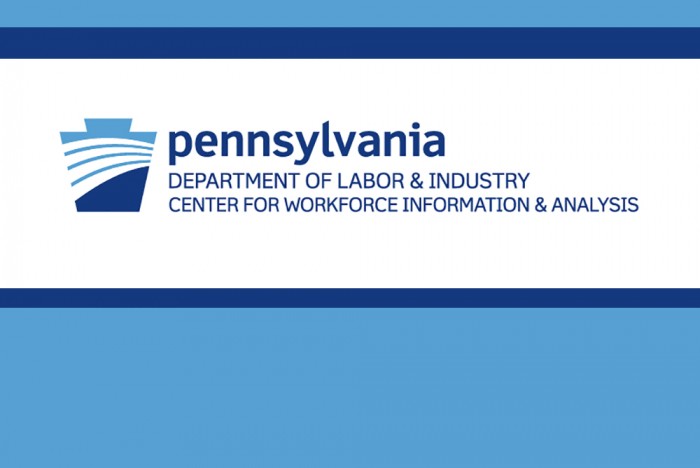Concerns Regarding the Medicaid & CHIP Provider Relief Fund Portal
Advocacy organizations ACCSES, ANCOR, APSE, The ARC, Easterseals, United Cerebral Palsy, and Goodwill International joined forces to send a letter to Health and Human Services Secretary Alex Azar, to express concerns regarding the difficulties providers are experiencing in applying for funds to assist with COVID related impact on their financial stability.
The Medicaid & CHIP Provider Relief Fund Portal closes on August 3, 2020, and as long as a provider inputs their TIN by the end of the day August 3 and is awaiting confirmation, that provider will still be able to submit the completed application when the TIN is approved. The FAQ document continues to be updated, so it is recommended that providers who have not yet applied review the FAQs again. ACCSES provided highlights of some of the relevant language:
“Patient care” means health care, services and supports, as provided in a medical setting, at home, or in the community to individuals who may currently have or be at risk for COVID-19, whereby HHS broadly views every patient as a possible case of COVID-19.
What is meant by “applicant type” in field 5 on the Enhanced Provider Relief Fund Portal? (Added 7/22/2020)
An Applicant Type Code is a two-character series of letters that generally summarizes an organization’s purpose. Enter the single code that best describes your organization from the following list:
| Applicant Type Code | Description |
| AG | Agencies (ex. foster care, PACE, developmental disabled services, etc.) |
| BE | Behavioral Health (Outpatient) |
| CA | Case Management |
| CL | Clinic/Center |
| CO | Community-based Social Support Providers |
| DE | Dental Services |
| EM | Emergency |
| HO | Home Health |
| HS | Hospital |
| NO | Non-emergency Medical Transport |
| NU | Nursing Service Providers |
| OB | Obstetrics / Gynecology |
| OP | Other Physician |
| PE | Pediatrics |
| PP | Primary Care Physician |
| RF | Residential Facilities |
| RB | Residential Facilities (Behavioral) |
| SA | Substance Abuse (Rehabilitation) |
| OT | Other |
Home- and Community-Based Service (HCBS) provider applicants should categorize personal care services as “Other,” code OT. Intermediate Care Facilities for Individuals with Intellectual Disabilities (ICF/IID) applicants should categorize their services as “Residential Facilities,” code RF.
Are healthcare providers that only bill Medicaid or CHIP through a waiver eligible for the Medicaid, CHIP, and Dental Providers Distribution? (Added 6/30/2020)
Yes. Healthcare providers that bill for services in Medicaid or CHIP that are covered under either a waiver or state plan are eligible for the Medicaid, CHIP, and Dental Providers Distribution if they otherwise meet the other eligibility criteria.
Additionally, ANCOR has developed an Infographic that outlines the process for applying for the grants. We will continue to advocate for clarity for providers to assist in accessing the available resources.
Appendix K Update for General Audiences
Friday, August 7, 3:00 pm – 4:00 pm
During emergency situations, Appendix K may be utilized to request amendments to any or all of the state-approved Medicaid waivers. The requested amendments are used so that the state may respond to the emergency. Appendix K may also be applied retroactively, if needed. This webinar provides information on the 2nd Appendix K Amendment that was approved on July 23, 2020.
REGISTER
Senate Proposed HEALS ACT New Legislation: Critical Human Services Funding & Protections
Mihalik Introduces Grants Legislation for PA Nonprofits
Representative Natalie Mihalek (R-Allegheny/Washington) announced that she has introduced legislation to establish a grant program to support the Commonwealth’s human services system. Referred to as the Nonprofit Economic Emergency Delivery System (NEEDS) Grants Program, the initiative will focus on the more than 8,500 nonprofit organizations that provide critical services for Pennsylvania’s most vulnerable population, while employing a significant percentage of the Commonwealth’s workforce. See press release: Mihalek Introduces Legislation to Establish Grant Program to Support Pennsylvania Nonprofit Organizations.
Mihalek noted that nearly 80% of nonprofit revenue comes from government grants or contracts and fees for service. “Many nonprofit organizations are struggling financially due to COVID-19, with fundraising events being canceled and donor, foundation and government support drying up,” continued Mihalek. “Yet, the need for these organizations to support communities across our Commonwealth is at all-time high. Nonprofit organizations must be able to continue to provide services to the most vulnerable Pennsylvanians, especially those who have suffered due to COVID-19. If these organizations fail, there will not be a way to provide critical services such as food, shelter, medical treatment, child care, workforce training and more.”
Mihalek’s legislation, introduced as House Bill 2740, would establish a statewide competitive grant program for eligible community-based human services nonprofit organizations (i.e., child care centers, domestic violence centers, early intervention service providers, food banks, alternative education providers, organizations serving individuals with intellectual and/or developmental disabilities, etc.) that were impacted by the COVID-19 crisis either by closure, increased service delivery, or loss of revenue. Under this proposal, $200 million in the COVID-19 Response Restricted Account would be transferred to the Commonwealth Financing Authority to provide grants to these nonprofit organizations. The maximum grant would be $500,000 per eligible nonprofit organization.
If you have questions or feedback, please contact your RCPA Policy Director.
Provider Relief Fund Timeline
General and Targeted Distribution Post-Payment Notice of Reporting Requirements
The purpose of this notice is to inform Provider Relief Fund (PRF) recipients that received one or more payments exceeding $10,000 in the aggregate from the PRF of the timing of future reporting requirements. Detailed instructions regarding these reports will be released by August 17, 2020.
The reporting system will become available to recipients for reporting on October 1, 2020.
- All recipients must report within 45 days of the end of calendar year 2020 on their expenditures through the period ending December 31, 2020.
- Recipients who have expended funds in full prior to December 31, 2020 may submit a single final report at any time during the window that begins October 1, 2020, but no later than February 15, 2021.
- Recipients with funds unexpended after December 31, 2020, must submit a second and final report no later than July 31, 2021.
- Detailed PRF reporting instructions and a data collection template with the necessary data elements will be available through the HRSA website by August 17, 2020.
If you have any questions, please contact your RCPA Policy Director.
Public Comment Notice: Pennsylvania’s DRAFT WIOA Performance Reporting Policy
Pennsylvania’s DRAFT Workforce Innovation and Opportunity Act Performance Reporting Policy is posted on the Pennsylvania Department of Labor & Industry website for public review and comment. Public comment is open through Friday, August 14, 2020 at 12:00 pm. Please submit comments via email.
This policy identifies the Workforce Innovation and Opportunity Act, or WIOA, primary indicators of performance, and how they apply to the programs delivered under WIOA titles I and III. This policy establishes procedures for local workforce development boards to negotiate and reach agreement with the commonwealth on LWDA levels of performance for the primary indicators of performance for Title I and Title III. This is a new Pennsylvania workforce system policy.
Should you have any questions or concerns regarding this correspondence, please contact the Bureau of Workforce Development Administration Policy Coordination Unit. Comments received during this period will be addressed before the policy is finalized, published, and placed into effect.
August 5 MLTSS Subcommittee Agenda Topics
The agenda for the Wednesday, August 5, 2020 Managed Long-Term Services and Supports (MLTSS) Subcommittee meeting/webinar has been released. The webinar will be held from 10:00 am – 1:00 pm. Key agenda topics for members to be aware of include: evaluation of racial disparities in the Office of Long-Term Living (OLTL) programs; the 2021 Community HealthChoices (CHC) waiver amendment and public comment period; and updates on COVID-19. Members are encouraged to participate in the webinar by utilizing one of the following formats:
Bridge Number: 1-415-655-0052 PIN: 653-589-644
Webinar link
Remote streaming link
Comments and questions may be submitted via email.
















